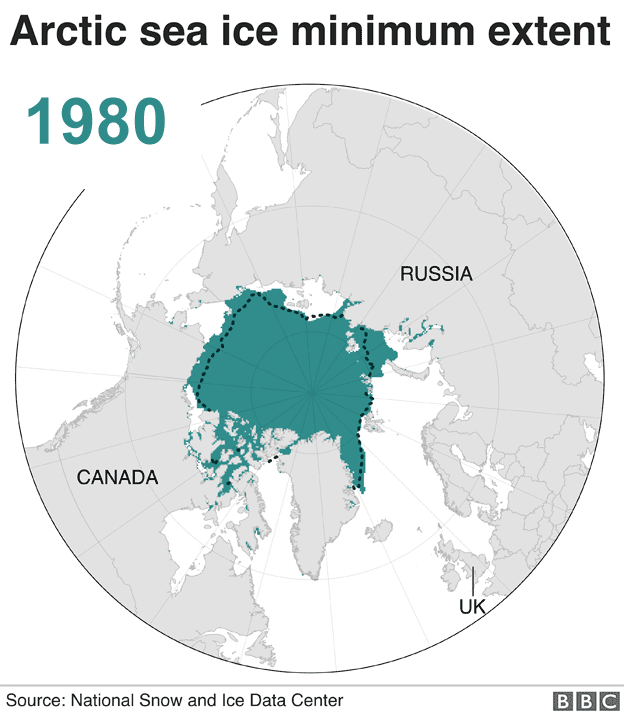It will be the clearest declaration yet on how an overheating world is hammering our oceans and frozen regions.
Scientists have been meeting in Monaco to finalise a report on the seas and the cryosphere.
Released on Wednesday, it will show how the oceans have been a friend, helping us cope with rising temperatures.
But it will warn that warming is turning the seas into a huge potential threat to humanity.
Researchers from the Intergovernmental Panel on Climate Change (IPCC) were encouraged by Prince Albert II and the Monaco government in 2015 to produce a special report on the oceans and cryosphere – the Earth’s surface where water is frozen solid.
For the past three years, the scientists have been reviewing hundreds of published papers on how climate change affects the seas, the poles and glaciers.
Their report will track the flow of water from the frozen tops of mountains to the bottom of the seas, and how this is changing in a warmer world.

Over the past few days, they have been trying to agree a short summary of their findings with government representatives that will be published on Wednesday.
It will likely detail the growing threat from rising sea levels that could imperil hundreds of millions of people before the end of this century.
It will also warn of the threat posed by the growing acidification of the seas, the threats to coral and fisheries and the possibility that warming might melt permafrost, releasing huge amounts of the CO2 gas that’s the key to rising temperatures.
“At current emissions rates, we are effectively dumping one million tonnes of CO2 into the oceans every hour,” said Melissa Wang, a scientist with Greenpeace.
“Unless we accelerate efforts to curb carbon emissions and take greater steps to protect our oceans, there will be devastating human, environmental and economic consequences.”
The oceans are like the big sister that constantly has to bail out her careless younger sibling. Every year, the ocean waters soak up about a quarter of the carbon dioxide emissions that arise from human activities.
Since 1970, the oceans have absorbed more than 90% of the extra heat that’s come about through global warming. If they hadn’t taken in that warming, the surface of the planet would have been devastated by excess heating.
All this absorption has come at a price, though. Our seas are now warmer, less salty and more acidic as a result.
“The reality is that we have been quietly reliant on the ocean to do these things, but there comes a point where the ocean changes because of the scale of what we are doing,” Prof Dan Laffoley, from the International Union to Conserve Nature, told BBC News.



